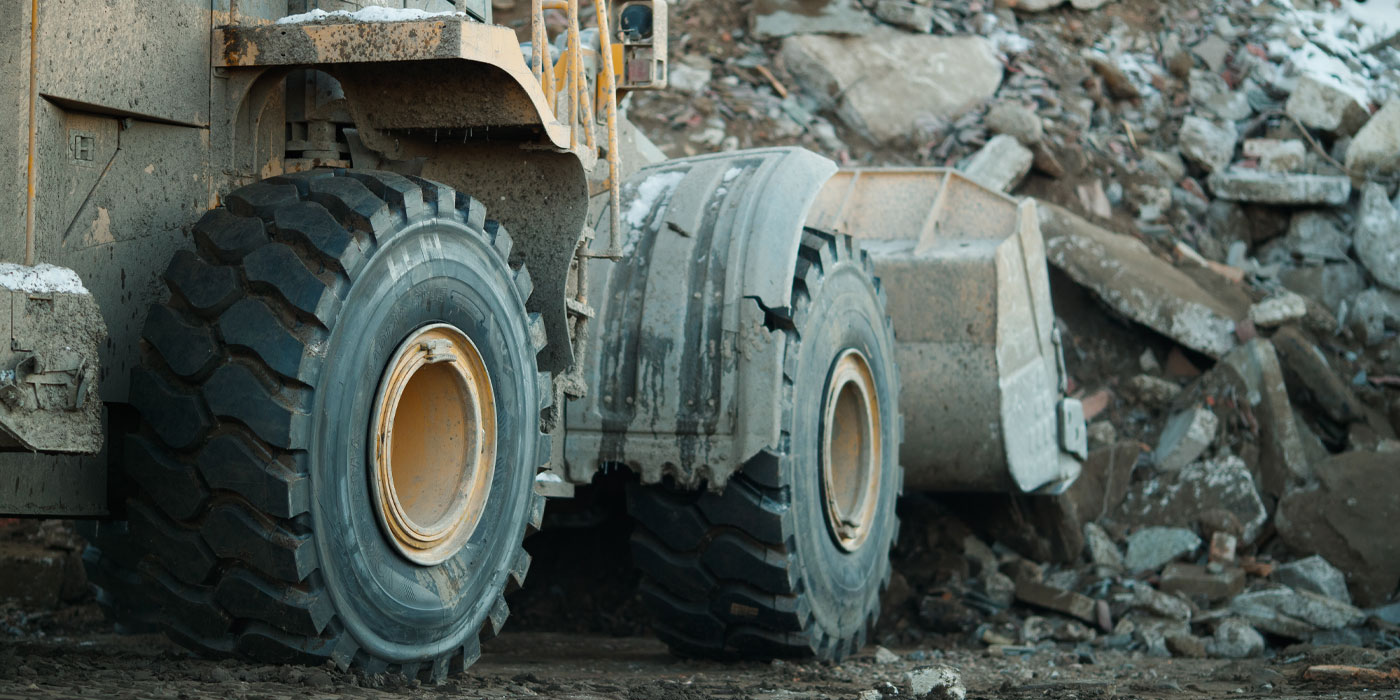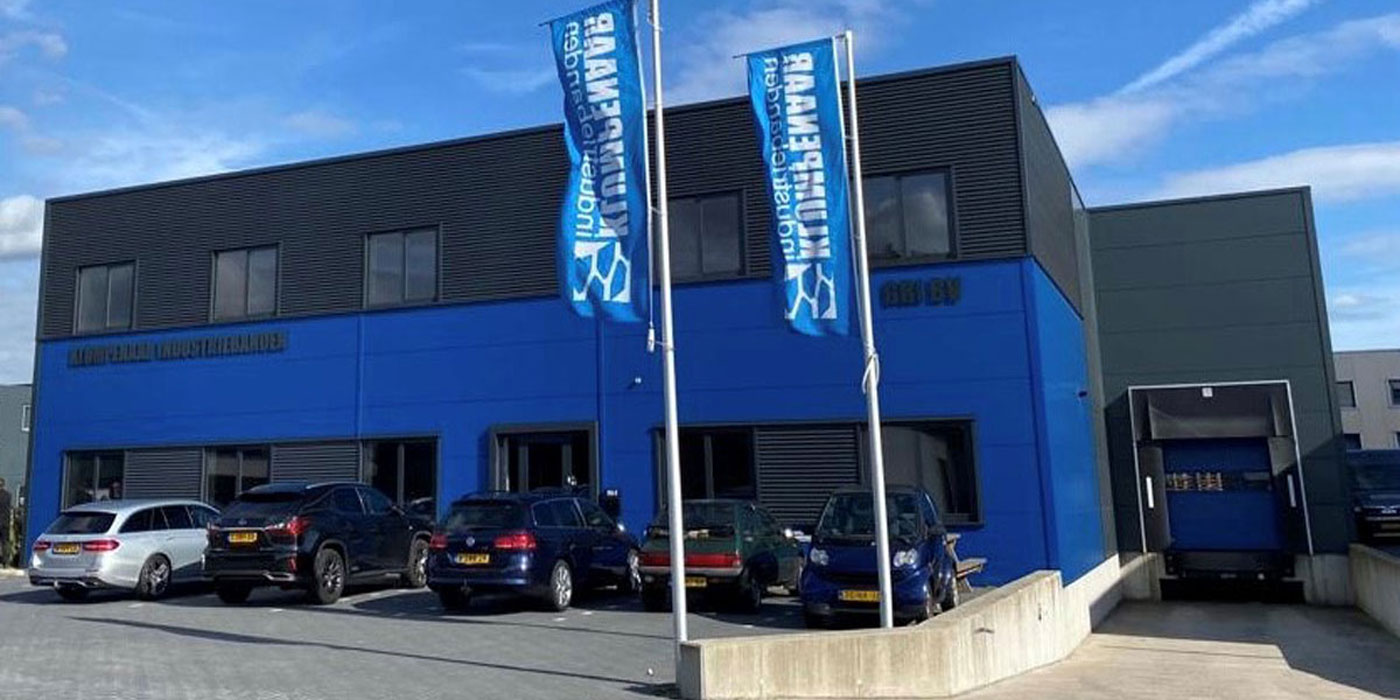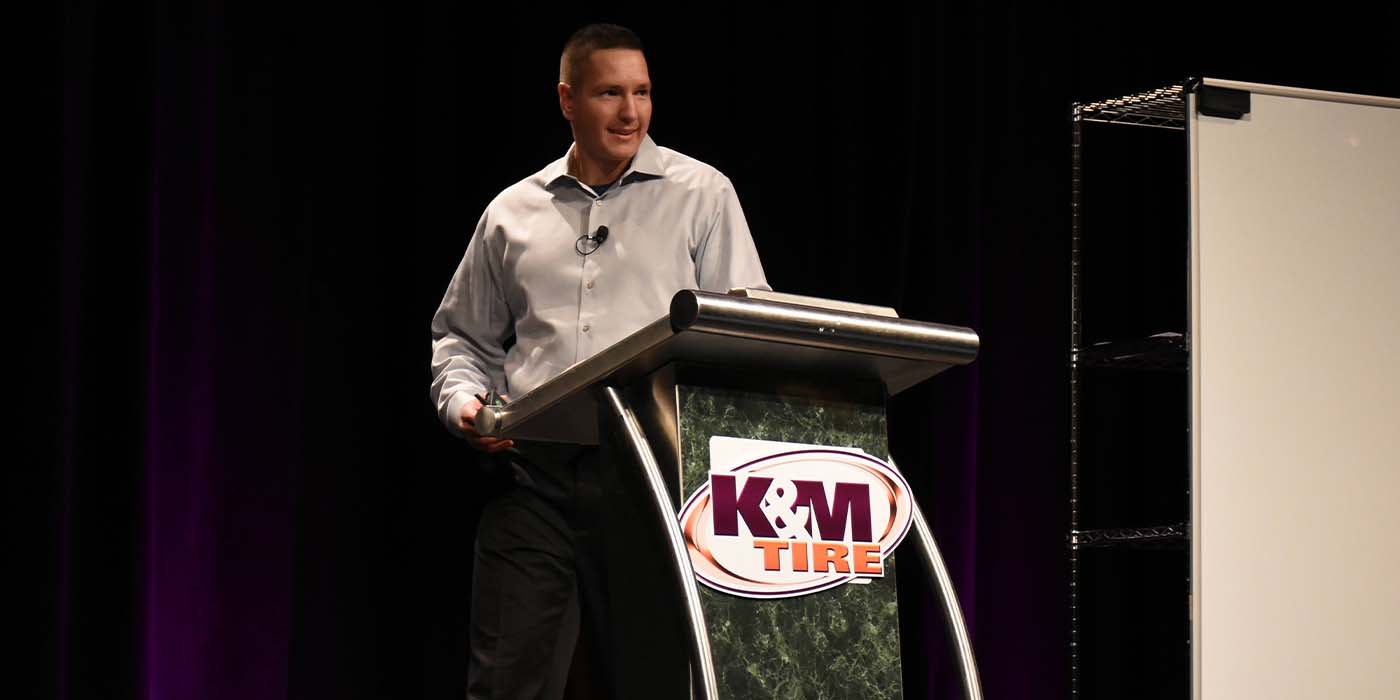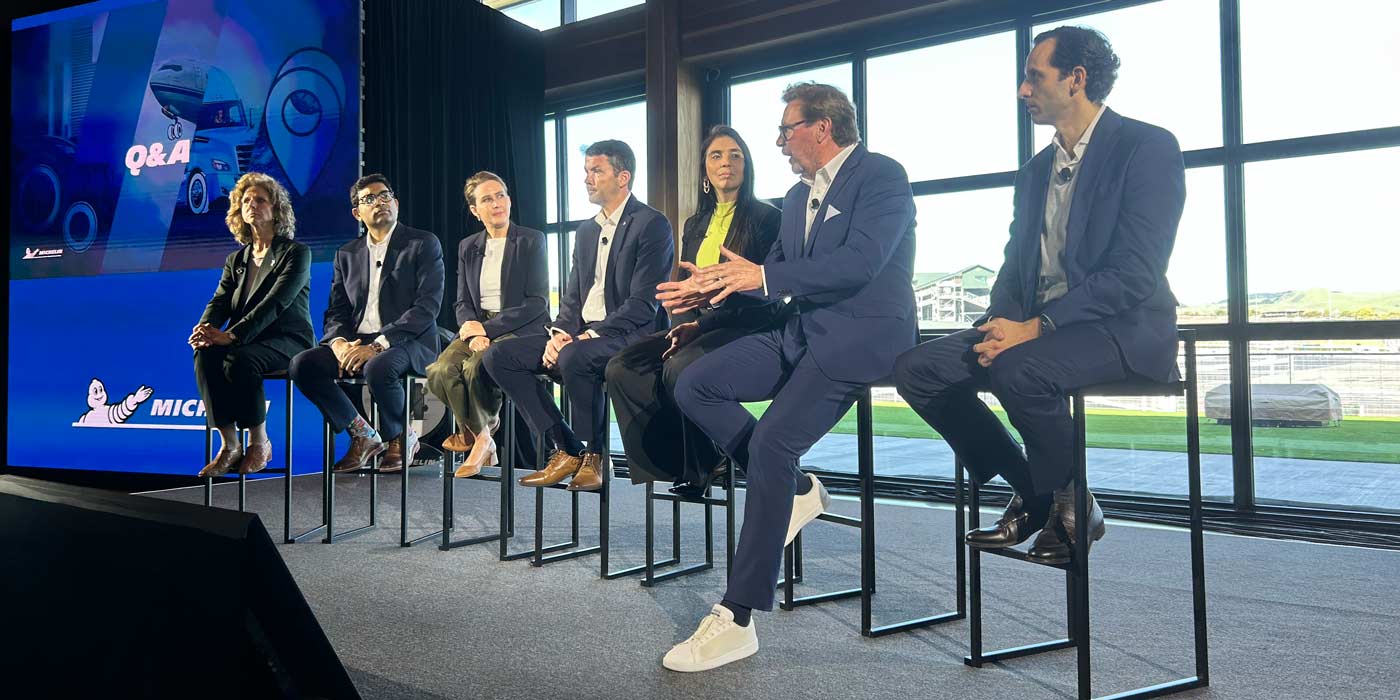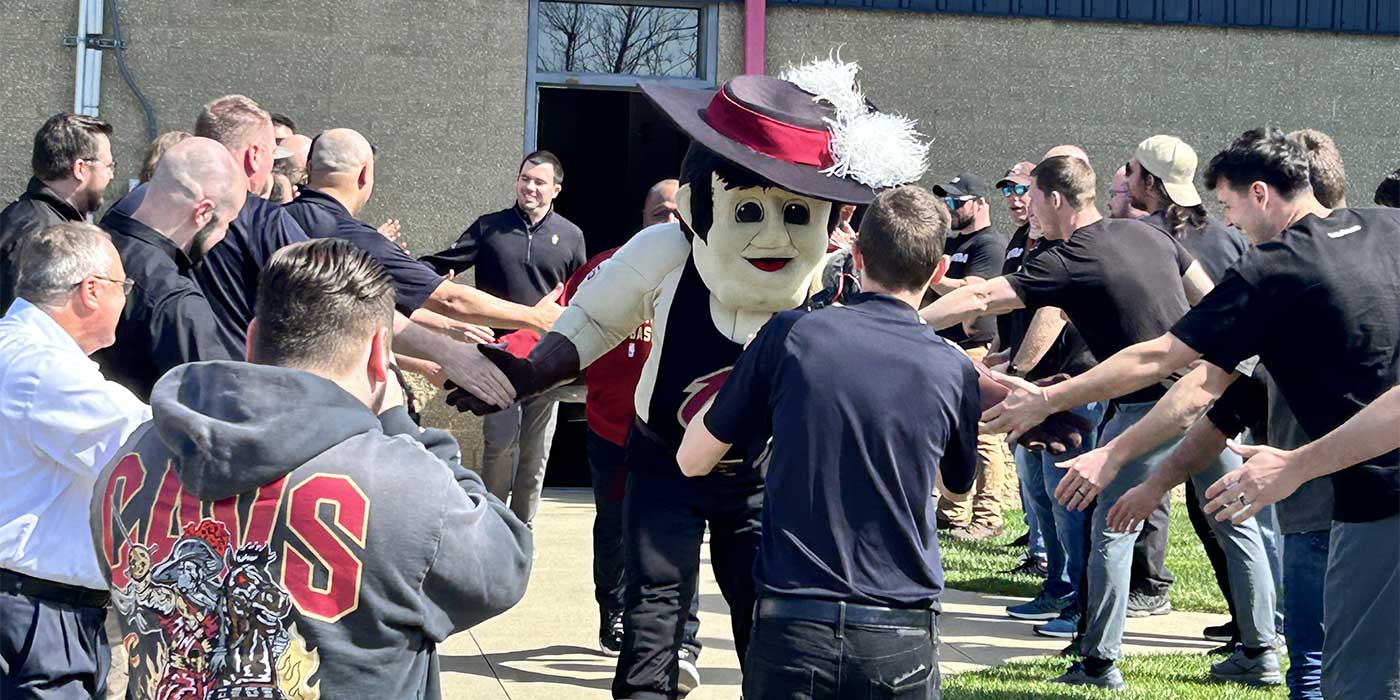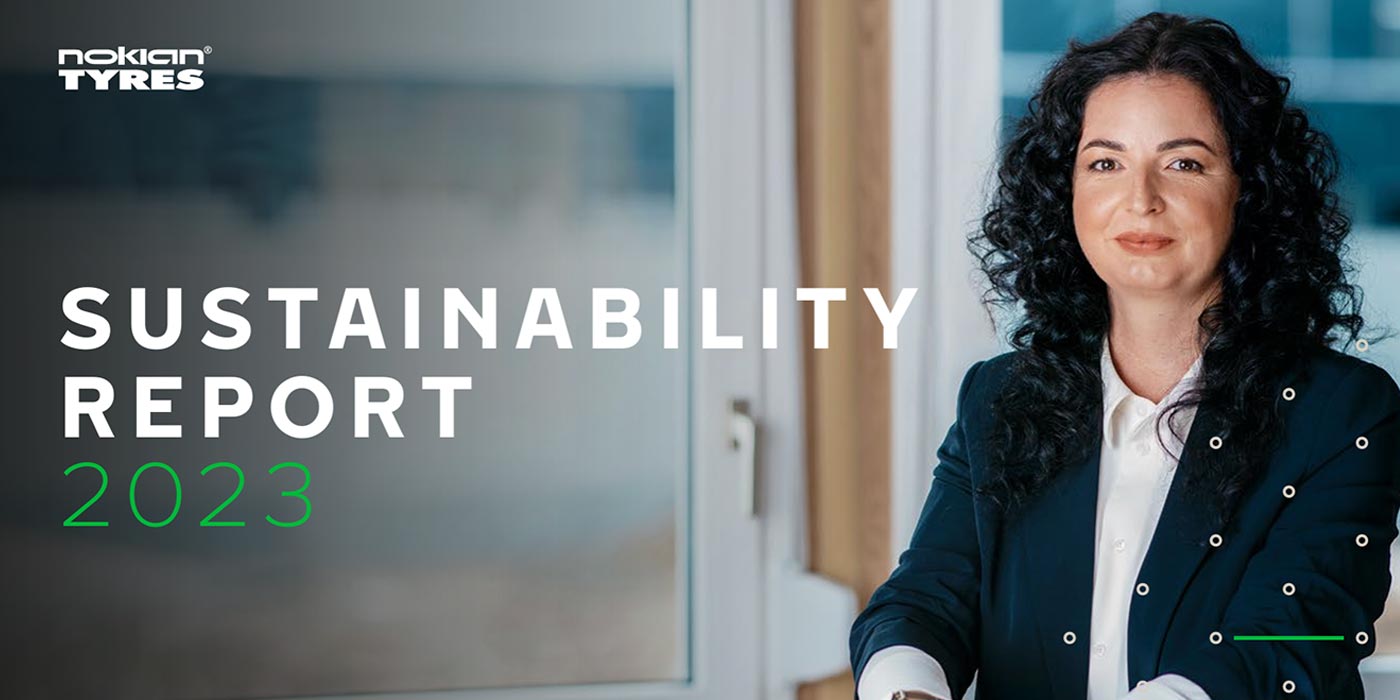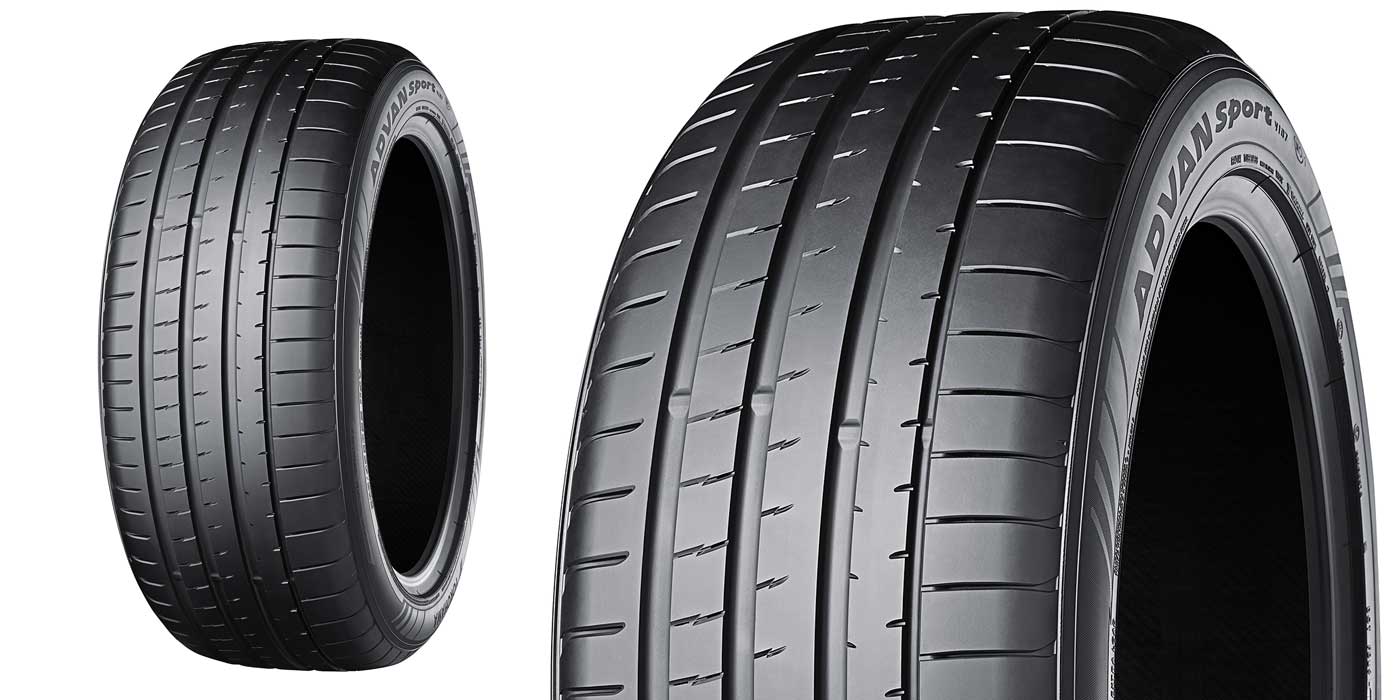While enjoying lunch on a recent flight back from China on China Eastern Airlines, I reached for a four-inch long packet on the tray that by all appearances was a wet nap for post-meal use. The two smiling cartoon faces on the blue and green package assured me that I would be quite happy using the product.
And then I read the only English words on the packet.
“Wet Turban Needless Wash.”
“Chinglish,” as it was described to me, has become a serious issue for Chinese companies trying to do business in the U.S. Chinglish, the inadvertent hacking of common English, is why a simple wet nap was ill-depicted as “needless” and as a “turban.” Top-flight companies there are frustrated by the problem because they feel such makes them look, well, less professional.
The root of the problem is that Chinese alphabetic characters often have multiple (and I mean multiple) meanings, all dependant on any number of things, such as the word’s position in a sentence or, as was the case here, the actual subject of the sentence. Chinese companies, in good faith, hire people to convert Chinese into English. These are often Chinese who have learned to speak English, but don’t really understand English – a huge difference when it comes to common product names.
Thus, what should have read “Wet Face Wash Cloth” became “Wet Turban Needless Wash.”
Seems they need another layer of interpreter there, one who can put the proper polish on the English phrases.
I am old enough to remember similar translation issues with Japanese companies and even those from South Korea, so I’m pretty sure Chinglish will be a thing of the past before too long.
If you have comments to share, send to me at [email protected].
– Jim Smith

